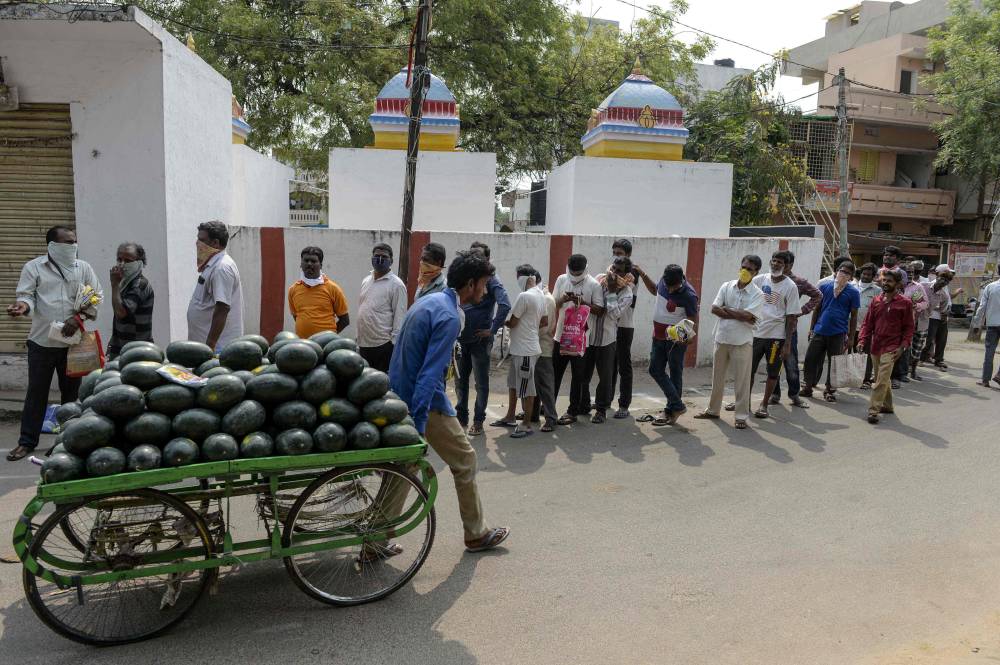Locking down India for 21 days may slow the spread of the new coronavirus, but it’s quickening the misery of the hundreds of millions of people who work in the country’s informal economy.
By some accounts, these workers make up nearly 90 percent of India’s labor force, from self-employed trash collectors to stay-at-home garment embroiderers. Job security is minimal and the safety net is all but nonexistent. With cities shut down, these workers are migrating home to villages by the hundreds of thousands, potentially spreading the virus along the way.
India’s situation isn’t unique. From Southeast Asia to South America, the world’s 2 billion informal workers are suffering some of the earliest and most devastating effects of the coronavirus and social distancing. Yet public aid packages have so far been largely directed at formal businesses and employees.


















With your current subscription plan you can comment on stories. However, before writing your first comment, please create a display name in the Profile section of your subscriber account page.